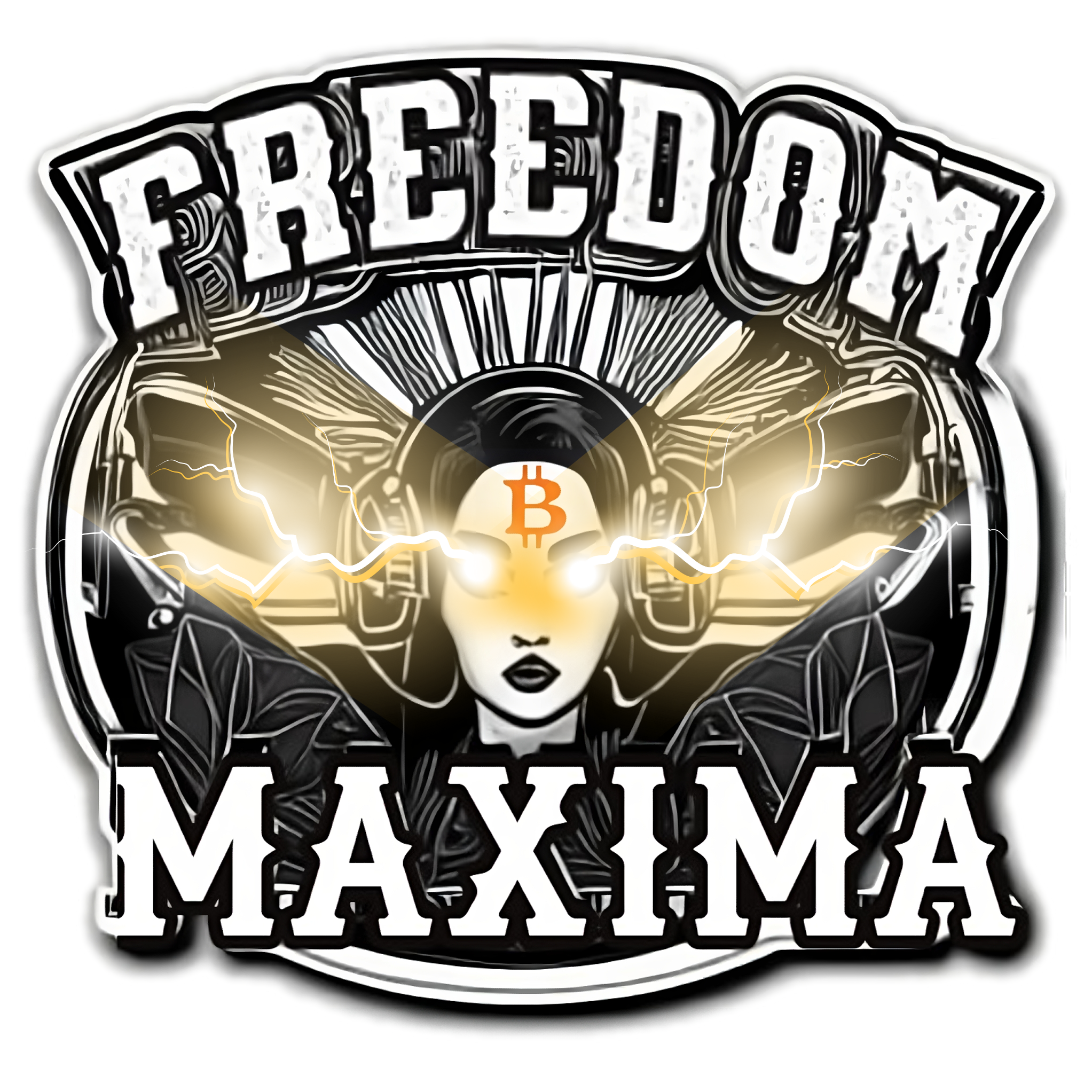
In an ever-evolving world, the concept of freedom has taken on new dimensions, particularly in relation to sovereignty. The books “The Sovereign Individual: Mastering the Transition to the Information Age” by James Dale Davidson and Lord William Rees-Mogg, “The End of Power: From Boardrooms to Battlefields and Churches to States, Why Being In Charge Isn’t What It Used to Be” by Moisés Naím, and “The Greater Reset” by Greaney and Brohawn provide valuable insights into the intersection of freedom and sovereignty. In shedding light on the concepts of achieving freedom through sovereignty, individuals can be empowered to navigate the complexities of our changing world. By understanding the shifting dynamics of power, embracing decentralized systems, and seeking alternative paths to societal progress, we can embark on a journey of self-determination and reclaim our individual and collective freedom.
Decentralization as a Blueprint for Freedom
“The Sovereign Individual: Mastering the Transition to the Information Age” by James Dale Davidson and Lord William Rees-Mogg was prophetic in 1999 as a thought-provoking exploration of how technology has played a pivotal role in shifting the dynamics of power throughout human history. It traces the evolution of power from the ages of specialists of violence in hunter/gatherer societies to the dominance of religious institutions in the agricultural age and the rise of nation-states during the industrial revolution. The book envisions the emergence of the “sovereign individual” in the Information Age. In this digital era, individuals gain unprecedented access to information and tools that empower us to exercise greater control over our lives, finances, and personal data. This transformation is seen as a natural progression in human history, where technology becomes the catalyst for individual sovereignty, challenging traditional institutions and offering individuals the means to secure their interests in a decentralized and interconnected world. This was among my favorite reads though recommend skipping chapter 1 about Y2K as irrelevant in hindsight.
“The End of Power: From Boardrooms to Battlefields and Churches to States, Why Being In Charge Isn’t What It Used to Be” by Moisés Naím challenges conventional notions of power and authority. Naím argues that the traditional structures of power, which were once concentrated in the hands of a few, are becoming increasingly fragmented and diffused. The book explores how advancements in technology, global interconnectedness, and the rise of non-state actors have eroded the dominance of traditional power structures. Naím’s work highlights the importance of recognizing these shifts in power dynamics to navigate a world where authority is no longer centralized. By understanding the changing nature of power, individuals can embrace their sovereignty and take charge of their own destinies, contributing to a more decentralized and liberating society.
“The Greater Reset” by Greaney and Brohawn, offers a collection of essays that challenge the status quo and present alternative visions for societal progress. The book examines the shortcomings of existing systems and proposes innovative solutions rooted in principles of decentralization, individual sovereignty, and community resilience. Greaney and Brohawn argue that by questioning established norms and exploring alternative paths, individuals can reclaim their freedom and actively participate in shaping a more equitable and sustainable future. Through inspiring stories, practical strategies, and thought-provoking ideas, “The Greater Reset” encourages readers to envision and pursue alternative models of governance, economics, education, and community-building that prioritize individual freedom to ripple outward into collective well-being.

Seeking Alternative Paths to Societal Progress
These works collectively illuminate the changing landscape of power, from the erosion of traditional structures to the rise of decentralized systems. By embracing the principles of decentralization, individual sovereignty, and community resilience, individuals can transcend the confines of established norms. These texts call upon us to challenge the status quo, envision alternative models of governance, economics, education, and community-building, and, most importantly, prioritize individual freedom as the cornerstone of societal well-being. Through this journey of self-determination, we can collectively shape a future that is not only more equitable but also inherently empowering for us all.
